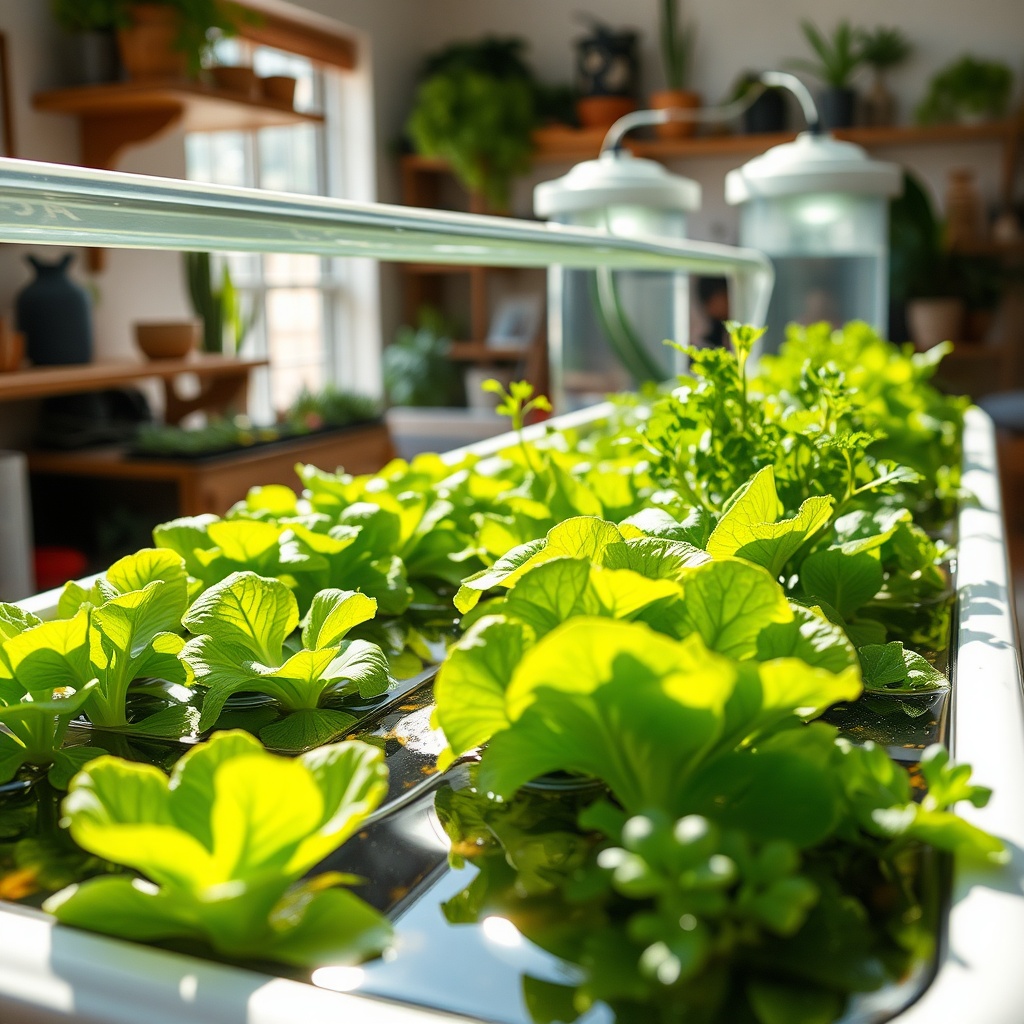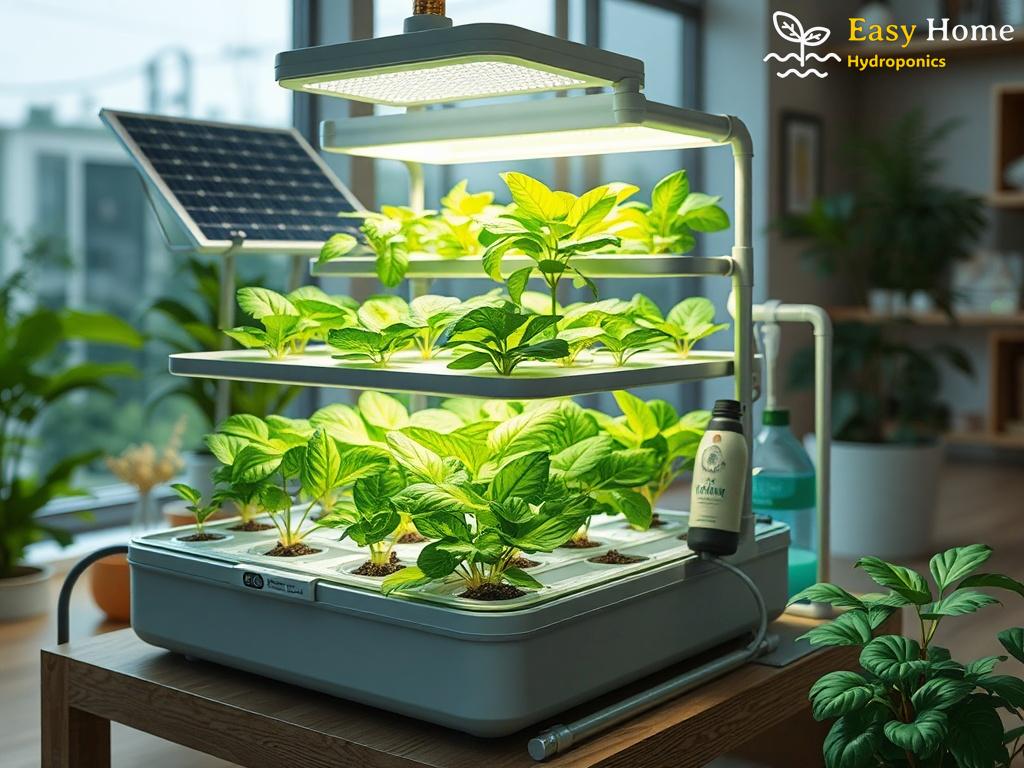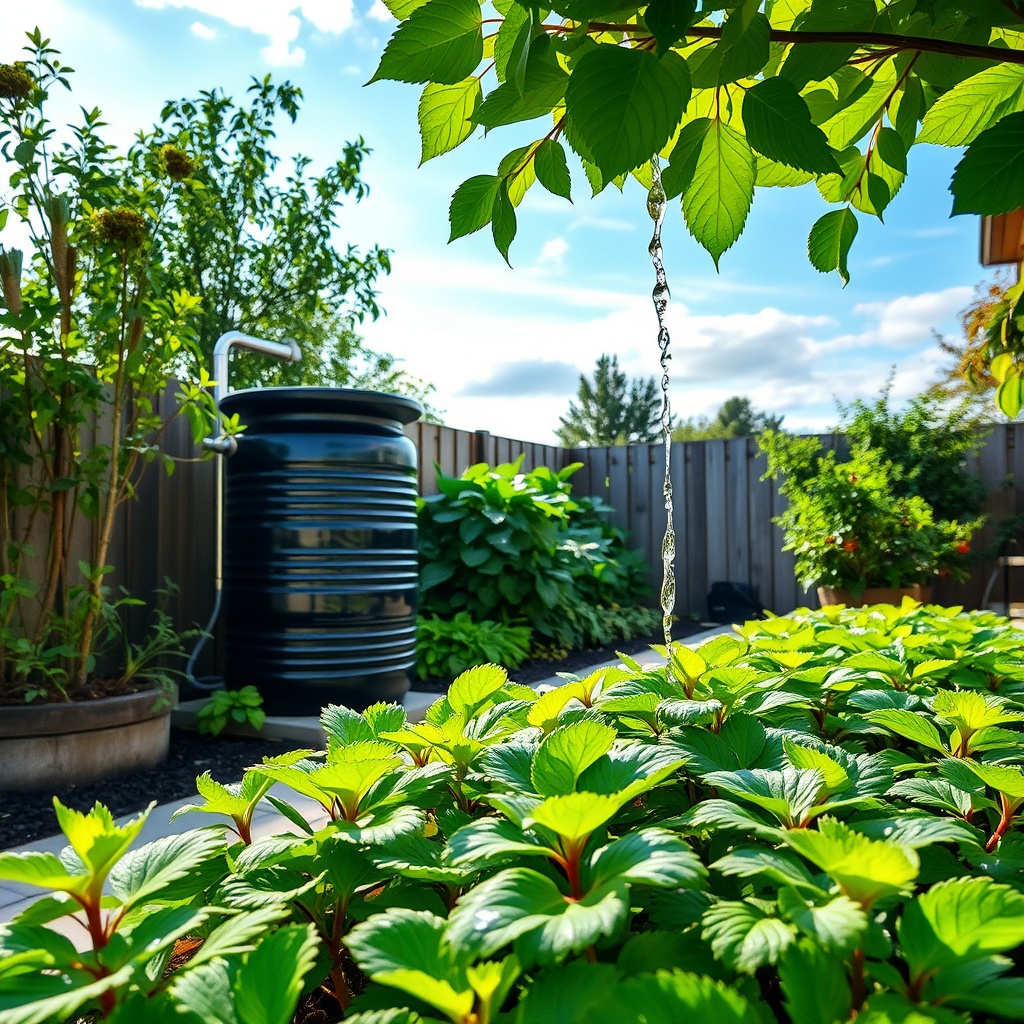The Challenge of Growing Hydroponic Plants
Hydroponic gardening has surged in popularity as a method for growing plants without soil, but many enthusiasts face challenges in achieving optimal plant health and growth. The absence of soil can lead to nutrient deficiencies and an increased vulnerability to diseases. One nutrient that is often overlooked but plays a crucial role in plant health is silicon. As you navigate the complexities of hydroponic gardening, understanding the benefits of silicon supplementation can be your key to thriving plants.
Why Silicon Matters in Hydroponics
Silicon is not classified as an essential nutrient for plant growth, but research has shown that it significantly enhances plant resilience and growth. It strengthens cell walls, improves drought resistance, and helps plants fend off pests and diseases. In hydroponics, where plants depend on nutrient solutions, silicon can provide added fortification, leading to stronger stems and healthier leaves. By integrating silicon into your nutrient regimen, you can unlock the full potential of your hydroponic system.
Effective Ways to Supplement Silicon
Integrating silicon into your hydroponic setup doesn’t have to be complicated. Here are some effective methods to ensure your plants receive this beneficial nutrient:
- Silicon-based Nutrient Solutions: Many commercial nutrient solutions now include silicon. Look for products specifically designed for hydroponic systems that list silicon as an ingredient.
- Silica Gel or Powder: You can add silica gel or powder directly to your nutrient solution. Be sure to follow the manufacturer’s instructions for proper dosage.
- Organic Amendments: Some organic amendments, such as rice husk ash, contain natural silica and can be included in your hydroponic setup to provide a slow release of silicon.
By considering these options, you can easily enhance your hydroponic plants’ strength and health, leading to a more successful and productive gardening experience.



